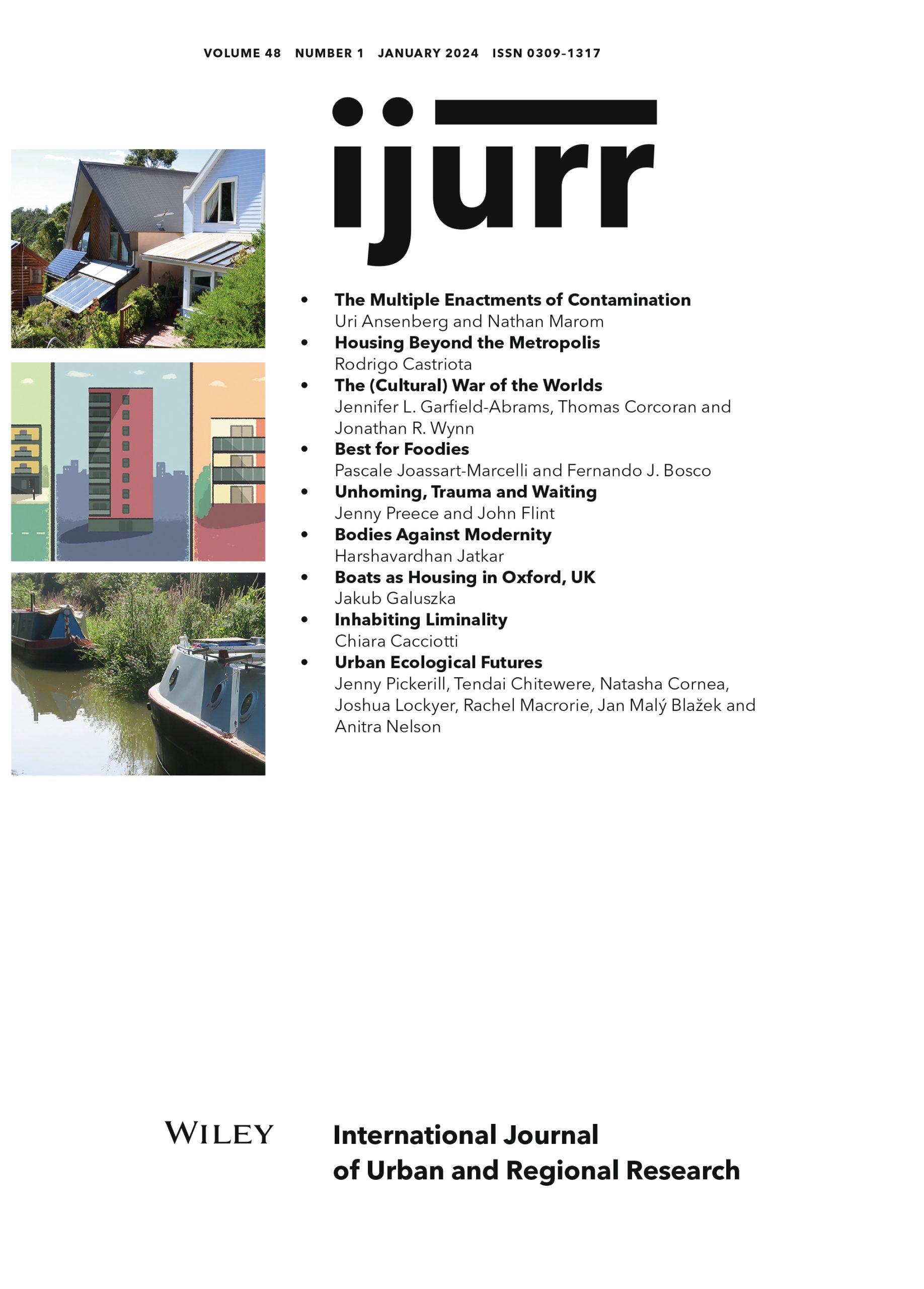In this blog, Napong Tao Rugkhapan (workshop co-organiser, Writing up Grant holder 2016), Petchpilai Lattanan (workshop co-organiser) and Chaya Vaddhanaphuti (workshop co-organiser) discuss the impact of an IJURR Foundation funded Majority Regions workshop on publishing.
“Our aim for this workshop was modest: to provide a brief respite for emerging scholars in Southeast Asia, enabling them to reaffirm their unique position to both learn from and contribute to global urban studies scholarship.”
The underrepresentation of Southeast Asian scholars in global urban studies is perplexing, given the region’s diverse urban challenges and its potential for broader theory-building. This gap is even more striking when one considers that the region has inspired many renowned scholars— McGee, Geertz, Anderson, Scott, to name a few—whose insights echo far beyond Southeast Asia itself. Desakota comes to mind. Cities in Southeast Asia today can offer compelling lessons for advancing a more global urban studies. With their peculiar blend of transnational investment flows, fragile democracies, educated middle classes, and vibrant cultures and tourism, these societies have over the decades produced the dual cities that are simultaneously intensely exciting and deeply divided. Moreover, the shared urban experiences from Bangkok to Jakarta could invite a South-South comparative imagination as a source of scholarly inspiration. Many stories have yet to be written on urban Southeast Asia, from Southeast Asia. However, the intellectual enthusiasm to produce meaningful knowledge, comparative or otherwise, is often dampened by the quotidian realities of university life in the region. Southeast Asian scholars, much like the ordinary city dwellers we study, are often consumed by the daily grind – from department meetings to traffic jams. Carving out one hour each day to write often feels like a luxury.
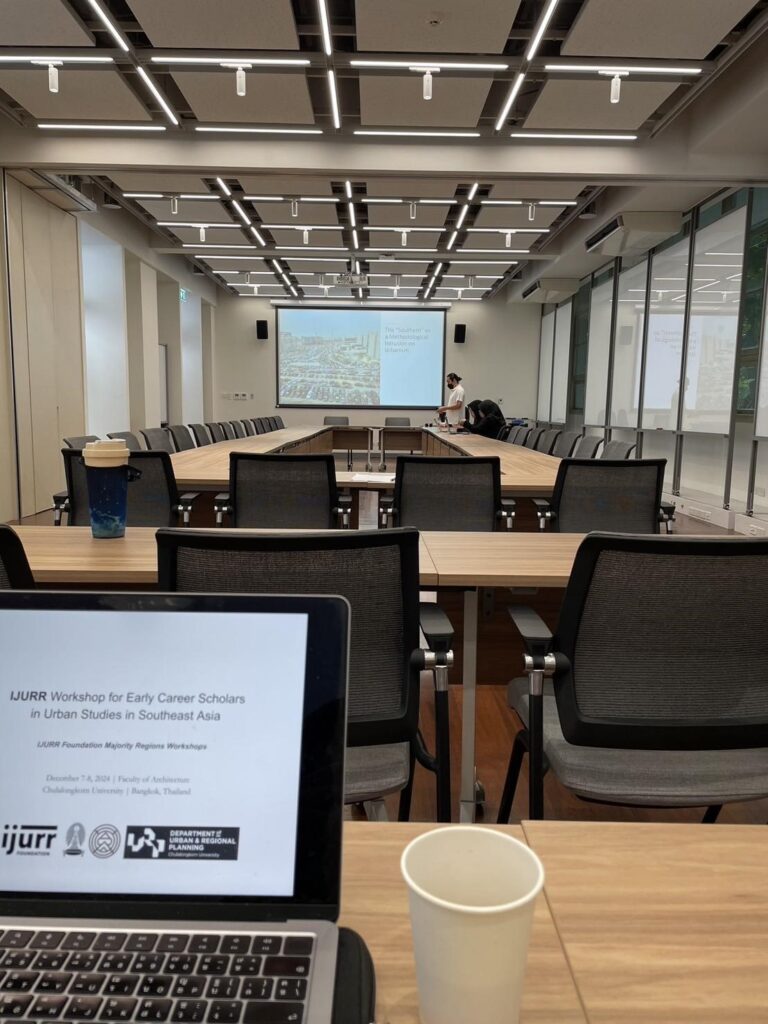
Photo: Workshop space, workshop organisers, 7 December 2024
Our aim for this workshop was modest: to provide a brief respite for emerging scholars in Southeast Asia, enabling them to reaffirm their unique position to both learn from and contribute to global urban studies scholarship. Participants joined us from across the region—Thailand, Singapore, Malaysia, Indonesia, Vietnam, and the Philippines—representing diverse disciplines such as urban planning, architecture, sociology, and geography. We were keenly aware of the creeping neoliberalization of universities in the region, where institutions are increasingly preoccupied with world rankings and academic output metrics. Against this backdrop of academic competition, we consciously invited our speakers to reflect on what regional assets and distinct advantages Southeast Asia-based scholars can leverage to enhance their research and international profiles. We are deeply grateful to our speakers—Gavin Shatkin, Jonathan Rigg, TC Chang, AbdouMaliq Simone, and Rita Padawangi—for responding to this call with such enthusiasm. A special thanks is also due to Hyun Bang Shin, our workshop advisor, whose endorsement and support ensured that our application was inclusive and impactful.
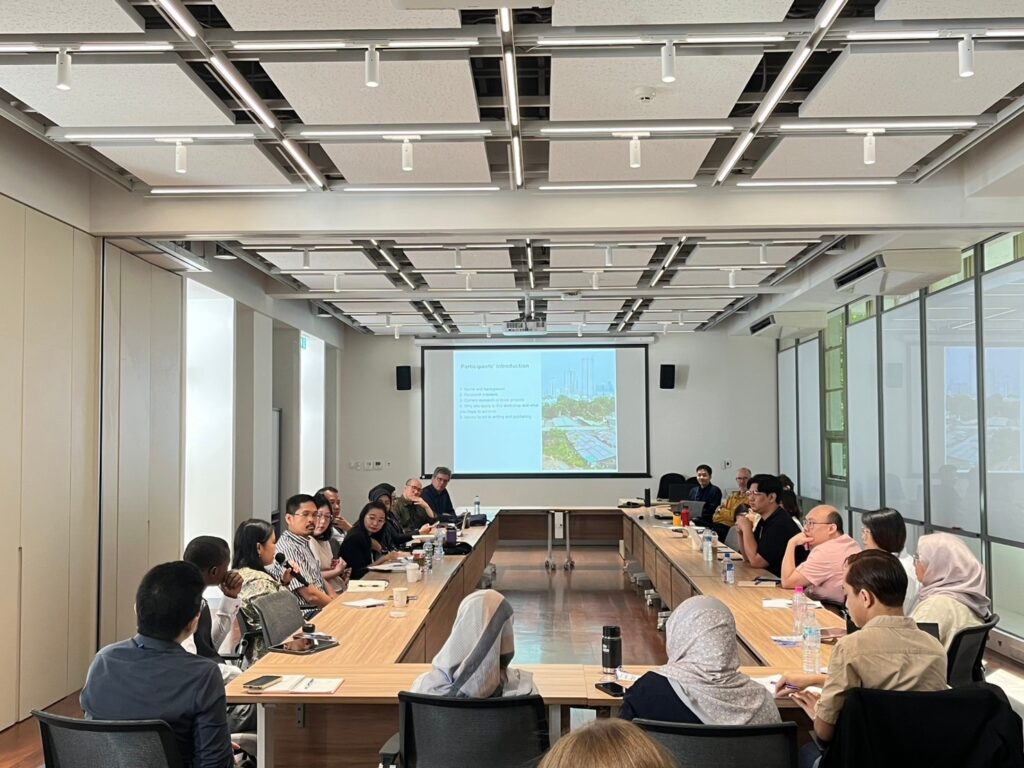
Photo: Workshop participants, workshop organisers, 7 December 2024.
We were humbled by the key takeaways from each speaker, who, in their own way, demystified academic research and the often intimidating abstraction of Theory—with a capital T—by giving it personal immediacy and political urgency. As Shatkin argued, all research is, at its core, autobiographical. We are driven by certain ideas, shaped by lived experiences, and motivated to tell specific stories that speak back to Theory, simultaneously complicating and enriching it.
Similarly, Rigg offered advice on crafting compelling arguments that resonate beyond Southeast Asia. He emphasized the importance of building a case that ‘goes against the current,’ making local research relevant to outside scholars who may not focus on Southeast Asia. As he put it, the challenge lies in ‘convincing editors, reviewers, and readers that our work has something important to say about their work.’
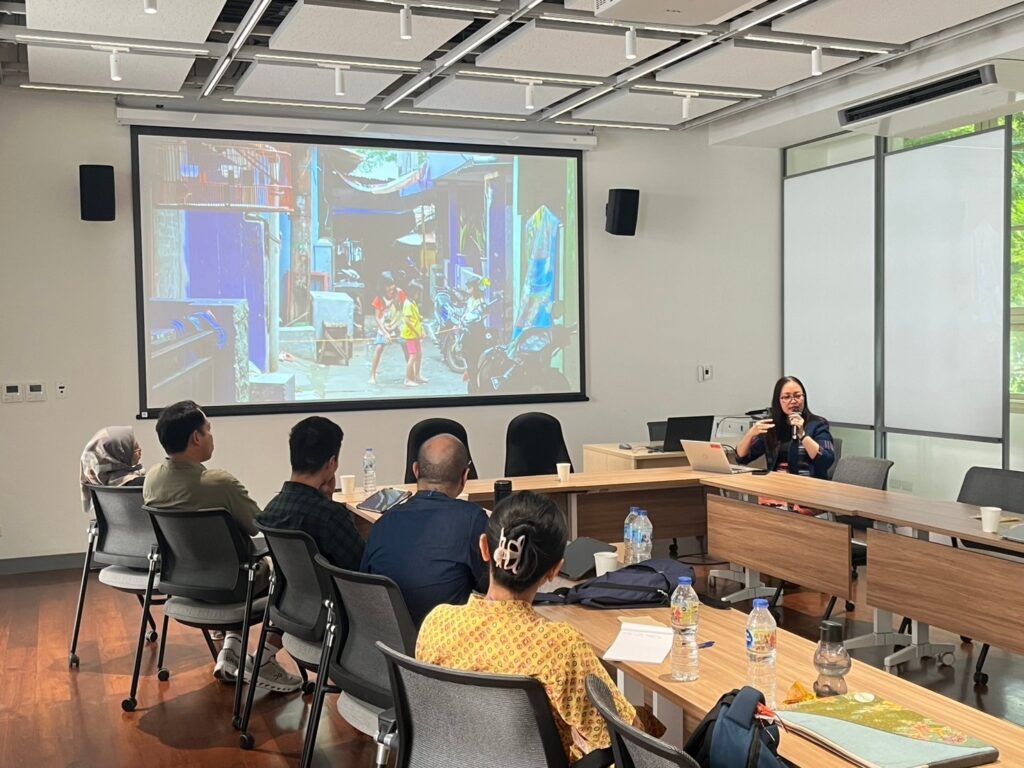
Photo: Day 2 of the workshop, workshop organisers, December 8, 2024.
For scholars in the peripheries, engaging with Theory often feels daunting. We found encouragement in Chang’s practical advice to begin with mid-level concepts as a way to chip away at the intimidating edifice of Theory, noting that ‘what starts as a middle concept can instigate bigger questions.’ Simone’s strategy of intrusion further invigorated us, urging junior scholars to rethink academic publishing by unsettling traditional forms and narratives. He framed writing as a political project, encouraging us to ‘hack the system’ and explore alternative modes of engagement that challenge established norms.
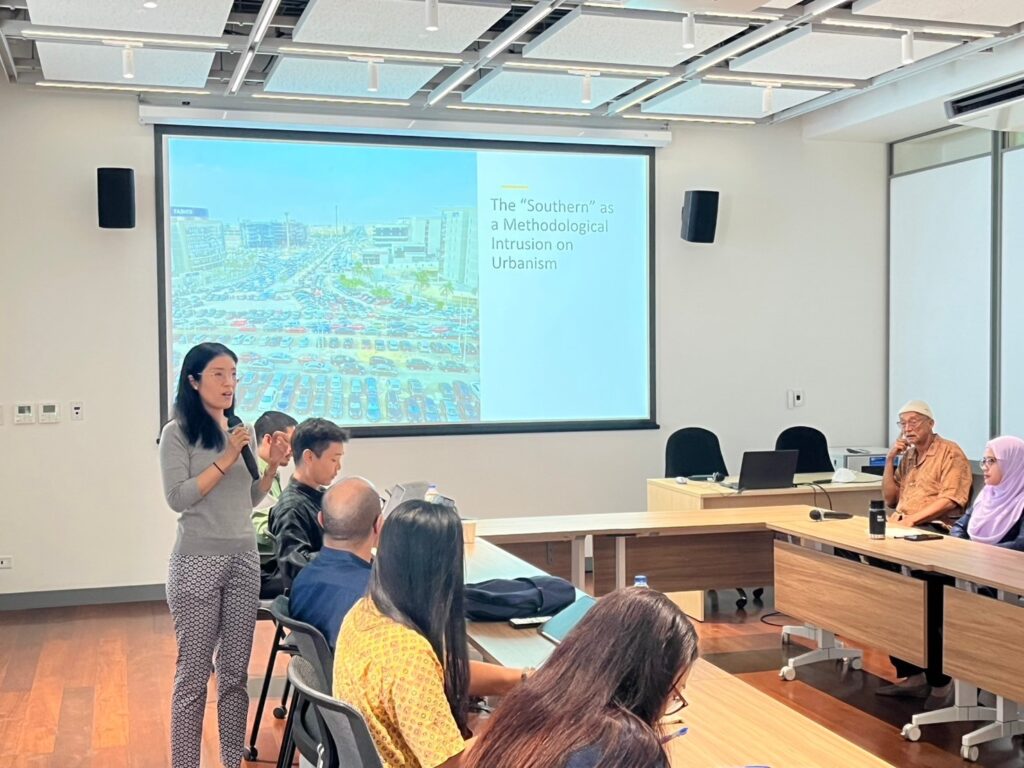
Photo: Day 2 of the workshop, workshop organisers, 8 December 2024.
Most importantly, we aimed to desanctify the world of academic publishing by unpacking the often mundane processes behind it. While often hailed as the holy grail of academic success, the polished papers we publish—the front story—often belies the messier back story that leads to them. During the workshop, speakers and participants generously shared practical tips and strategies: the importance of establishing writing routines, breaking writing into manageable chunks, and valuing limited time by writing consistently, even if only a paragraph a day. We also discussed the critical role of building a ‘people infrastructure,’ a support network of allies, colleagues, and friends—what Padawangi aptly referred to as ‘conspirators’. This network not only fosters collaboration but also provides emotional support. Above all, we addressed the pervasive fear of failure. It was deeply refreshing – humanizing, really – to hear from senior scholars, who, after decades of successful careers, admitted to their encounters with rejection, to still feeling nervous each time they submit an article for review. We thanked the participants for these candid back stories, for allowing us a glimpse into the vulnerable intimacy of scholarly struggles. We hope the workshop provided participants with a sense of intellectual refuge and reassurance, inspiring them to embrace different metrics of academic success as they navigate their careers in the years to come.
With greetings from Bangkok,
Napong Tao Rugkhapan, Assistant professor, Chulalongkorn University
Petchpilai Lattanan, Lecturer, Chulalongkorn University
Chaya Vaddhanaphuti, Chair, Chiang Mai University
